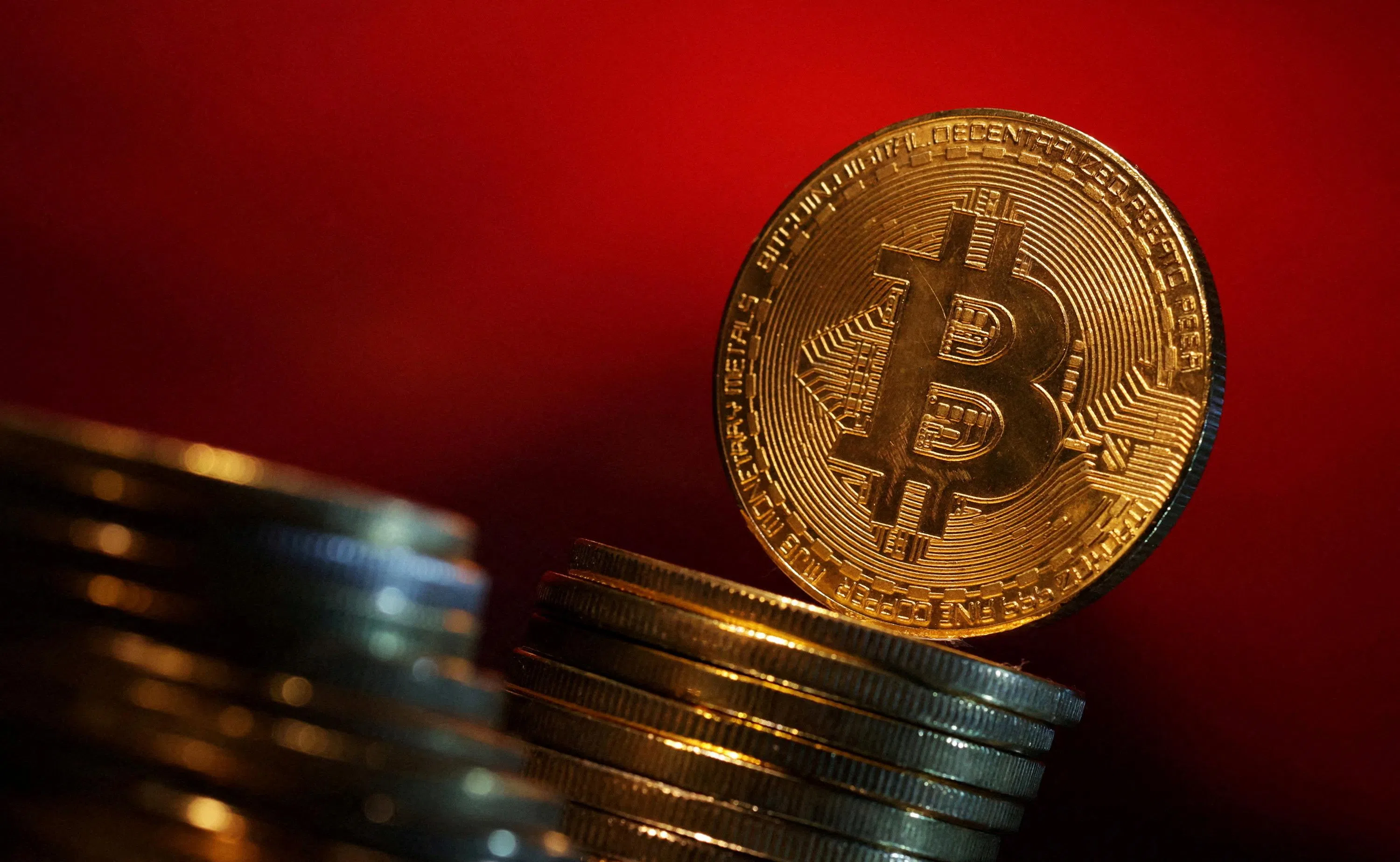DONALD Trump’s growing lead in the US presidential race has sparked a rush to identify the key winning trades in global markets. History suggests that Japanese stocks are a good bet.
Japan’s Topix Index gained almost 30 per cent in US dollar terms in the one-year period after the 2016 US presidential election which Trump won, beating the S&P 500 and the MSCI World Index which each rose roughly 20 per cent. Strategists say the boost from a weak yen will give Japanese shares a leg up, just as funds seek alternatives to Chinese equities in anticipation of a tougher Trump stance towards Beijing.
“The depreciation of the yen against the US dollar as a result of higher US bond yields should also support Japan equities,” said Tomo Kinoshita, global market strategist at Invesco Asset Management Japan. Given that manufacturing firms dominate Japan’s stock market, “although Trump’s victory would benefit most of ex-China Asian equity markets, the Japanese equity market should benefit more”.
After years of being bypassed for faster-growing markets, Japan’s stocks have sprung to life of late amid signs that the Asian economy has escaped deflation and is on a path to sustainable expansion. The Topix gauge vaulted past its bubble-era peak to touch an all-time high on Thursday (Jul 4), and another burst of buying is likely to galvanise it further.
A lot of the lift will come from a weaker yen, which benefits the exports of manufacturers such as Toyota Motor and Nissan Motor. Manufacturing companies account for over half of Japan’s market capitalisation, according to data compiled by Bloomberg and the Tokyo Stock Exchange.
The yen has lost almost 13 per cent versus the US dollar this year – the worst performance among major currencies – due to Japan’s yawning yield gap with the US.
BT in your inbox
Start and end each day with the latest news stories and analyses delivered straight to your inbox.
Valuations are another factor. The cheapest growth stocks among major non-Chinese markets are in Japan with MSCI’s growth index for Japan trading at 22 times on one-year forward blended earnings estimate.
To be clear, a win for Trump may not provide a blanket boost for Japan’s shares. For one, stocks with a substantial exposure to China are likely to take a hit if tensions between Beijing and Washington intensify.
“We don’t think Japan would be the safest market in Asia if Trump is re-elected,” said Jasmine Duan, senior investment strategist at RBC Wealth Management Asia. “If the yen continues to weaken, the Trump administration could take actions to force the yen to appreciate, which in return, could benefit Chinese equities.”
But some say Japanese stocks are likely to be a potential beneficiary as global funds reallocate money away from China in expectation of a tougher stance from Trump. The former president has said he might impose a tariff of more than 60 per cent on Chinese goods if elected.
Analysts anticipate some of the capital from China to end up in Japan. That’s because Japanese firms are placing a growing emphasis on corporate governance and the central bank’s shift away from an ultra loose stance is pointing to the economy’s strengthening recovery.
“Japanese stocks would be one of the better alternatives for global investors and bank stocks should perform better as the market focuses on the neutralisation of the BOJ policy,” said Naka Matsuzawa, chief strategist at Nomura Securities. BLOOMBERG






